AI a ‘complement’ not ‘replacement’: OpenAI economist Ronnie Chatterji
Chatterji emphasized that AI is not just replacing human labor, but increasingly acting as a complement to it.
-
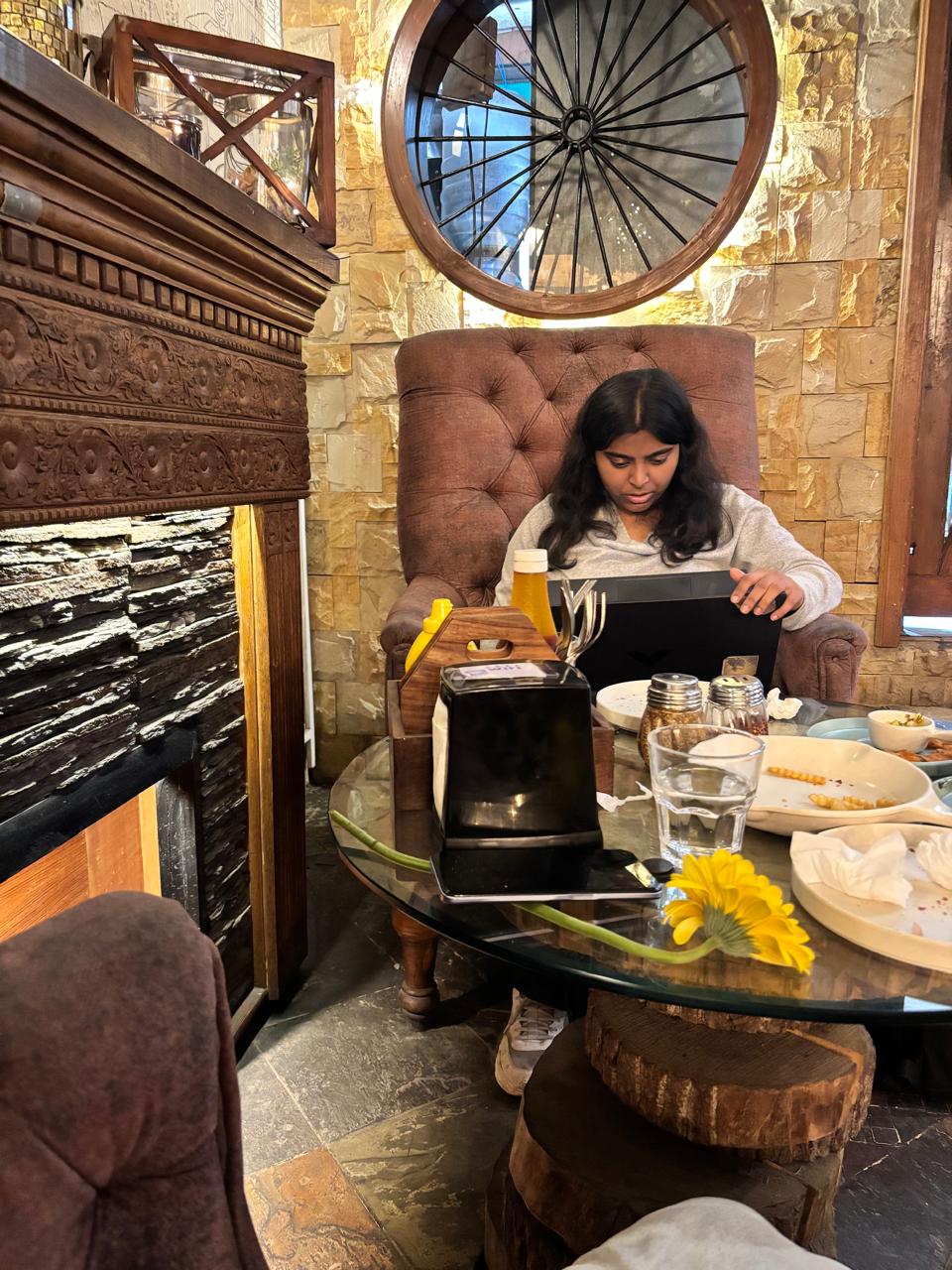 Malvika Choudhary
Malvika Choudhary - Tue, 08, Apr 2025
- 15:23 EDT
- 420
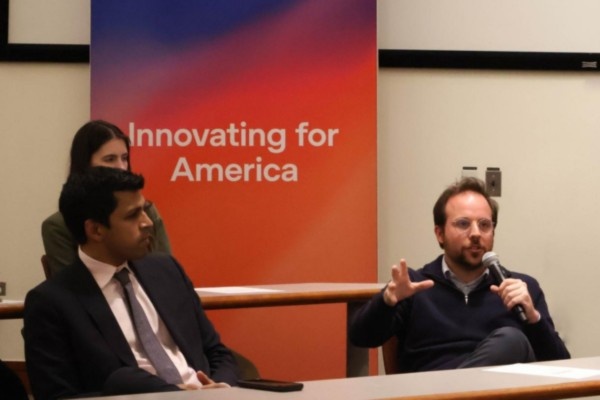 Ronnie Chatterji (left) and James Donovan / sanford.duke.edu
Ronnie Chatterji (left) and James Donovan / sanford.duke.edu
Chief economist at OpenAI Ronnie Chatterji said the most promising future for artificial intelligence lies in enhancing human ability—not replacing it.
“The brightest future for AI will be as a tool to make us better at what we do and as a substitute for the work we do not want to do,” he said during a fireside chat hosted by Duke University’s Sanford School.
This post is for paying subscribers only
SUBSCRIBE NOWRelated
ADVERTISEMENT
ADVERTISEMENT
Latest News
- HITLAB, Jeeva partner to advance e-clinical... 02 Feb, 2026
- Union Budget 2026 boosts India’s biopharma... 02 Feb, 2026
- India's Budget seen boosting NRI role,... 02 Feb, 2026
- U.S.-based NGO welcomes Budget boost for... 01 Feb, 2026
- VOSAP in tie-up to deliver AI... 01 Feb, 2026
- India budget leaves rupee, bonds vulnerable... 01 Feb, 2026
- U.S. trade bodies hail India’s growth-focused... 01 Feb, 2026
ADVERTISEMENT
E Paper
ADVERTISEMENT
Video
Login to your account
PREVIEW OF NEW INDIA ABROAD
- Full access
- Unlimited view
- Free weekly E-Paper
- Daily newsletter
Sign in
Please enter something
- Asian Americans
- Biz
- Books
- Canada
- Community
- Culture
- Dating
- Diplomacy
- Diwali
- Editor picks
- Editorial
- Explainers
- Fashion
- Features
- Food
- Immigration
- India
- India Decides '24
- India Independence Day
- Letters to the Editor
- Life
- Maha Kumbh
- Movies+
- News
- Opinion
- People
- Ram Mandir
- Reviews
- Rooted and Roaming
- Sports
- Spotlight
- Tech
- Travel n’ Diplomacy
- Trump 2.0
- UK Votes 2024
- US Elections 2024
- USA
- West Coast






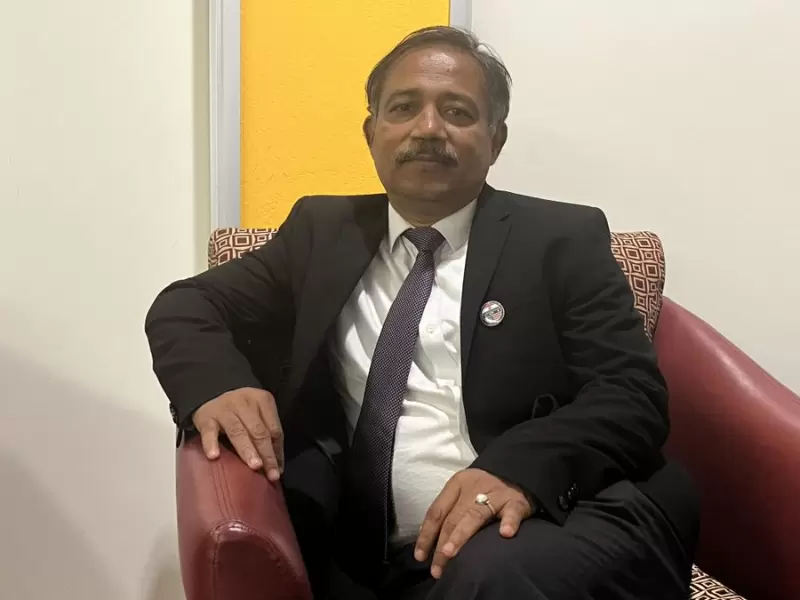




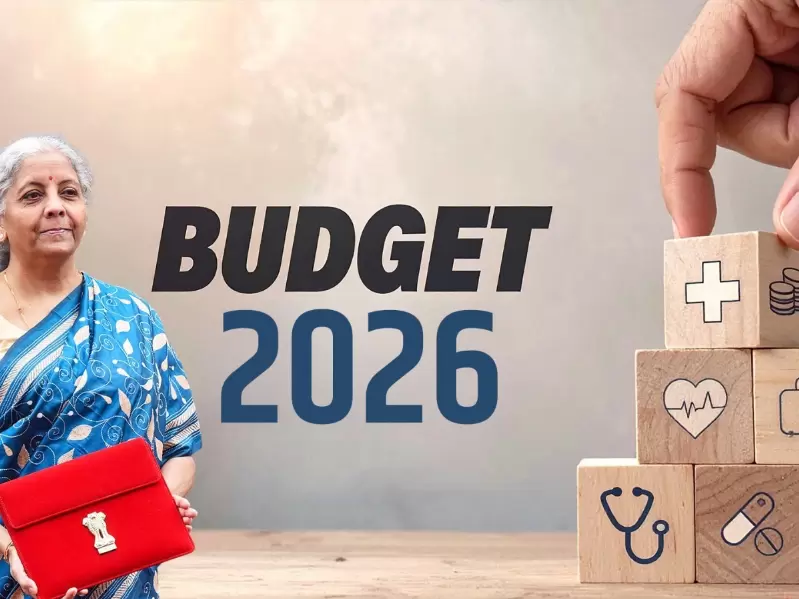
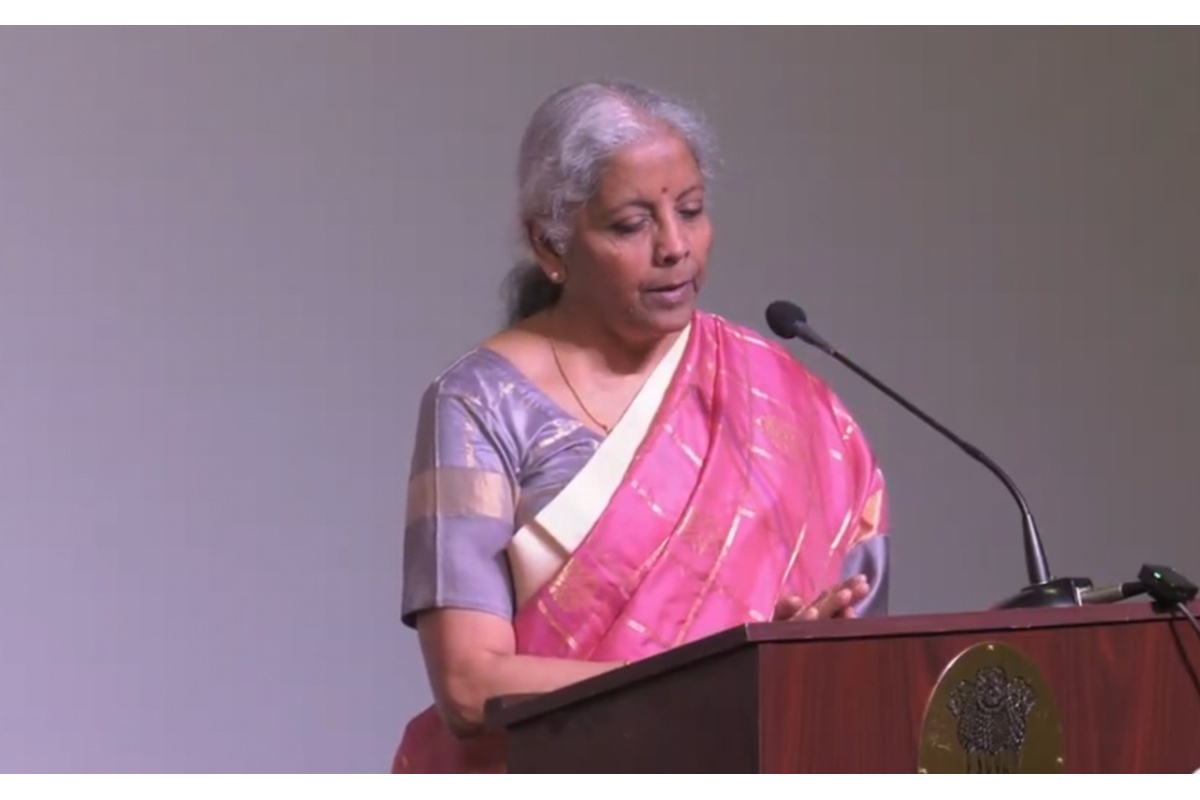

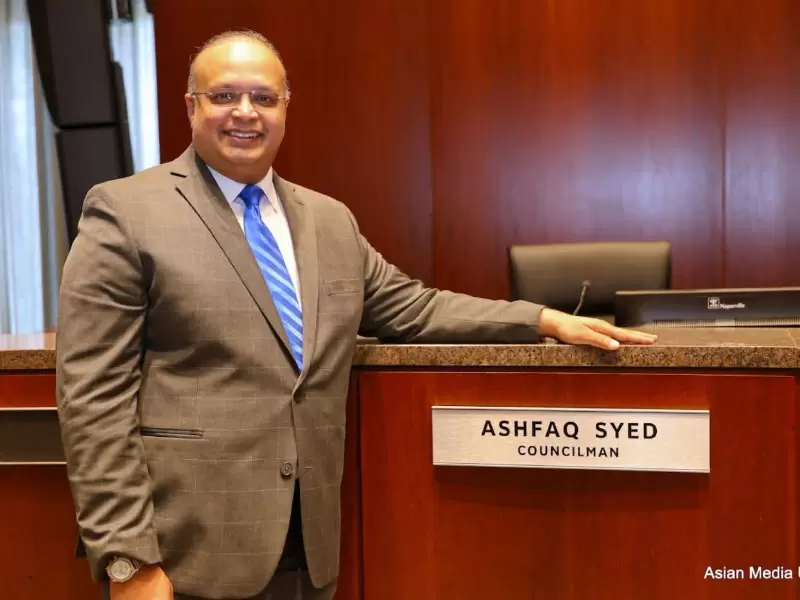



Comments
Start the conversation
Become a member of New India Abroad to start commenting.
Sign Up Now
Already have an account? Login